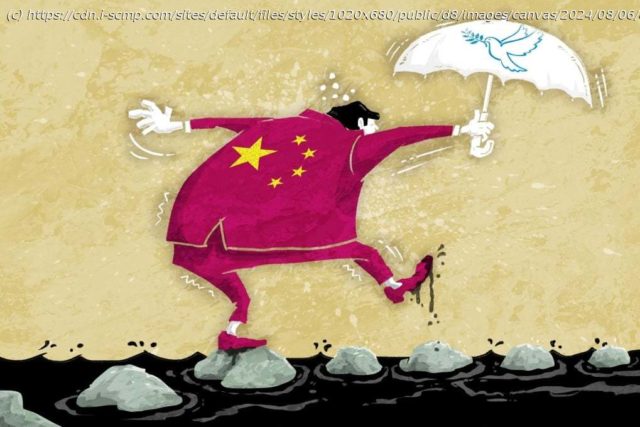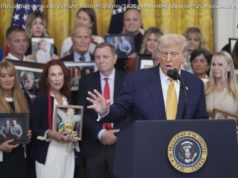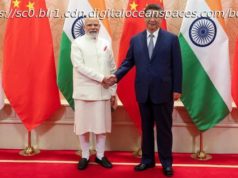Beijing is trying to cast itself as an alternative peacemaker but is clear-eyed about the limits of its influence, observers say.
China is ramping up mediation efforts in the Middle East and on Ukraine, as it tries to capitalise on American missteps and cast itself as an alternative peace broker.
Last month, Ukrainian Foreign Minister Dmytro Kuleba visited China for the first time since the start of Russia’s invasion, while the leaders of 14 Palestinian factions – including rivals Hamas and Fatah – signed a unity declaration in Beijing.
State media hailed both events as efforts by Beijing to “address the deficit in global peace”. Observers say that while China wants to play a central role in conflict resolution it is clear-eyed about the limits of its influence.
Beijing is seeking to contrast its approach with Washington’s entanglement in regional conflicts and to present itself as a facilitator of peace – part of a soft power push to counter criticism from the West.
Zhiqun Zhu, an international relations professor at Bucknell University in Pennsylvania, said it was understandable that Beijing was pushing back.
“This new wave of active diplomacy is consistent with China’s attempt to project itself as a peacemaker in a turbulent world,” Zhu said. “Western governments and media have routinely portrayed China as an aggressive power, and China wants to demonstrate that it is a responsible and peaceful great power.”
He said China’s latest peacemaking efforts were a bid to counter what it sees as a hostile and unfair Western narrative.
“Whether one likes it or not, China is an important piece of the puzzle if we want to settle disputes in the Middle East, between Russia and Ukraine, and elsewhere,” he said.
The agreement reached by Palestinian factions on July 23 – dubbed the Beijing Declaration – was aimed at forming an “interim national unity government” once Israel’s war on Gaza ends.
The Chinese foreign ministry said it was the first time the 14 factions had gathered in Beijing for reconciliation talks, which demonstrated “China’s sincere efforts to support the rights of the Palestinian people, end the division and unify the Palestinian position”.
Israel and the US rejected the Beijing-brokered agreement, which called for the creation of a Palestinian state based on borders before the 1967 Mideast war but gave few details on how or when the joint government would be formed.
“This is not a deal. It’s a declaration about a broad and repeated set of principles that, in reality, don’t mean anything yet. China was able to pull this off precisely because of the value-free nature of this declaration,” said Ahmed Aboudouh, associate fellow at Chatham House and head of the China Studies Unit at the Emirates Policy Centre, a think tank in Abu Dhabi.
Aboudouh said Beijing’s involvement in the pact was “strategic and long-term” – as it had been in the deal China brokered last year between rivals Iran and Saudi Arabia.
He said the Palestinian factions also understood that Beijing wanted to build an image of being a responsible major power and they wanted to grant it a diplomatic win.
“But this is not all that China wants – in the long term, China wants to reserve a seat at the table of any peace negotiations,” he said. “Understanding its limited influence over Israel, it wants to come into the room as a virtual representative of Palestinian interests since it sees the US as the defender of Israeli interests.”
China, a staunch supporter of the Palestinians since the 1950s, has traditionally been cautious about getting drawn into the Middle East quagmire of conflict like the US.
Home
United States
USA — China Will China’s ‘smart political game’ in the Middle East and Ukraine pay...






